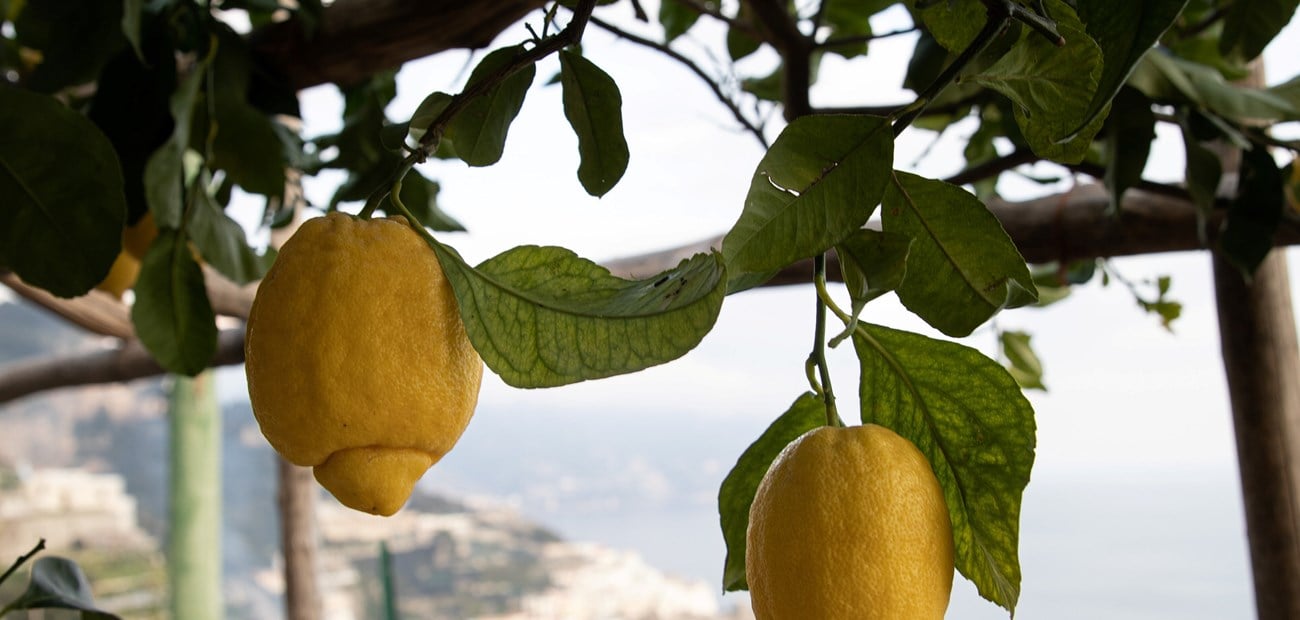International trade
BAMA is a major player – not just in Norway, but in many local communities around the world. We have around 260 skilled producers spread across five continents who supply us with fruit, vegetables and berries.
Artikkel tilgjengelig på Norsk
